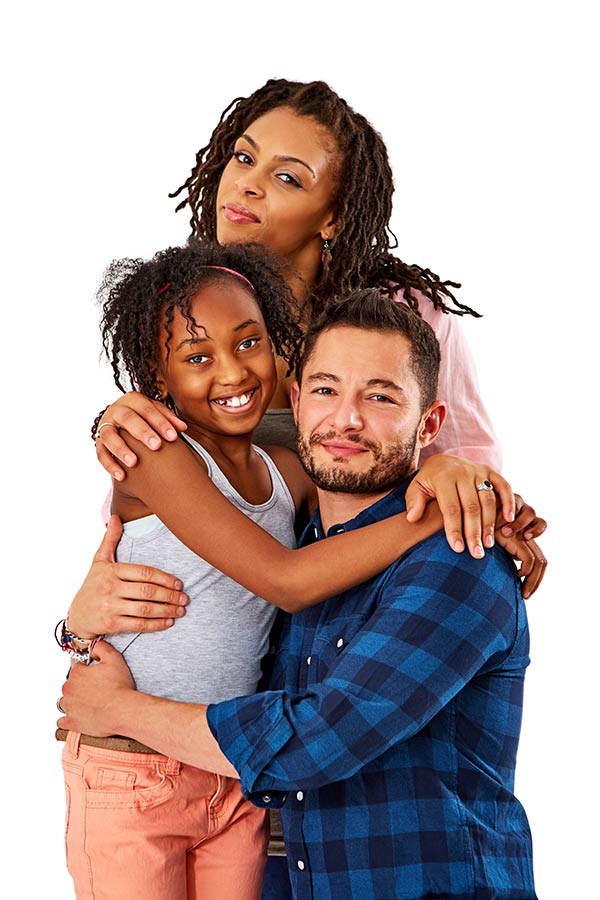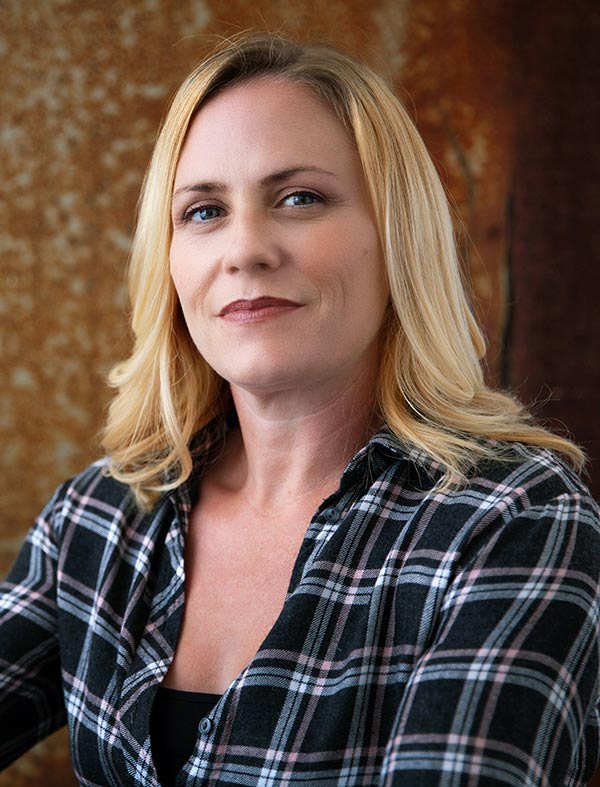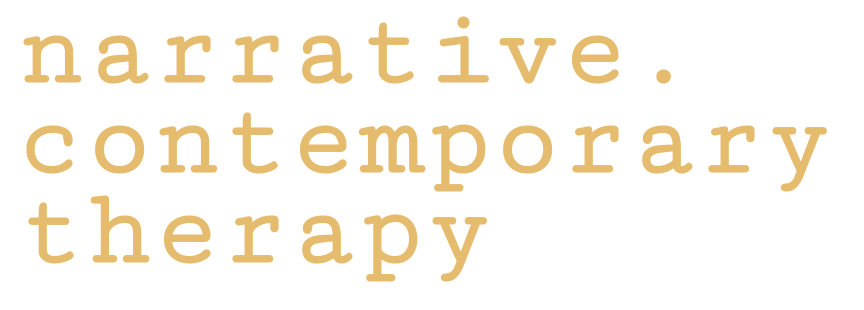LGBTQ Affirmative Therapy
 While it is certainly true that LGBTQ persons seek therapy for many of the same reasons that heterosexual and cisgender clients report, the reality of living in a social context that is often hostile or indifferent towards LGBTQ identities has stigmatizing effects on individuals, couples and families. Lesbian, gay, bisexual, transgender, nonbinary, and queer identities exist within our cultural, ethnic, racial, spiritual, and religious identities. This multiplicity is often characterized by conflicting cultural norms, values, and beliefs.
While it is certainly true that LGBTQ persons seek therapy for many of the same reasons that heterosexual and cisgender clients report, the reality of living in a social context that is often hostile or indifferent towards LGBTQ identities has stigmatizing effects on individuals, couples and families. Lesbian, gay, bisexual, transgender, nonbinary, and queer identities exist within our cultural, ethnic, racial, spiritual, and religious identities. This multiplicity is often characterized by conflicting cultural norms, values, and beliefs.
The LGBTQ community often reports that one barrier to seeking out and engaging in effective therapy is a concern about, or experience with, a therapist who lacks knowledge and familiarity with LGBTQ experiences and generalizes LGBTQ client experiences to those of heterosexual and cisgender clients. Therapy with an LGBTQ Affirmative therapist can be a tremendous support to individuals, couples and families in the LGBTQ community.
Erin has dedicated her professional career to LGBTQ Affirmative practice with LGBTQ individuals, couples and families through all stages of their lives. Her doctoral research and clinical focus have been largely shaped by her work with adolescents, adults, couples, and families within the LGBTQ and HIV communities as they navigate challenges related to their health, relationships, sexuality, and gender.
Common experiences of LGBTQ individuals, couples and families who seek therapy can include:
Exploration of Sexual Orientation and/or Gender Identity
Exploration of sexual orientation and/or gender identity can occur throughout a person’s life and may begin in early childhood.
Parents may seek affirming therapeutic support as their family navigates:
- Support for youth exploring their sexual orientation and/or gender identity.
- Understanding and supporting their child’s exploration of gender identity and expression
- Utilizing gender affirming and preferred language and pronouns
- Understanding and supporting their child’s preferred coming out process
- Disclosure and support system challenges and preferences
- Access to affirming resources and education
- Navigating the medical system
- Bullying, peer and school-related challenges
- Sexual health conversations
- Constructively exploring feelings and concerns in a supportive environment
Exploration of sexual orientation and/or gender identity can also begin in young adulthood or later in life and may evolve over the course of an individual’s life. LGBTQ Affirmative therapy can support individuals, couples, and families as they navigate this process.
Coming Out and Disclosure
 The disclosure of sexual orientation or gender identity to family, friends, work colleagues, health professionals, and caregivers is a lifelong process. LGBTQ Affirmative therapy can support individuals, couples, and families as they explore:
The disclosure of sexual orientation or gender identity to family, friends, work colleagues, health professionals, and caregivers is a lifelong process. LGBTQ Affirmative therapy can support individuals, couples, and families as they explore:
- Preferences about who, when, and how to come out
- Safety concerns related to coming out
- Anxiety and fears related to coming out
- Challenges related to differences that often occur between same-gender partners in their coming out processes which can create significant stress on their relationship.
- Preferences related to disclosure and gender transition
- Navigating intrusive and inappropriate questions from friends and family
- Communication and boundary setting with family members and other support systems regarding disclosure of your sexual orientation and/or gender identity
Family Relationships and Support Systems
LGBTQ individuals, couples and families may have complicated, strained, or cut-off relationships with extended family members, which can cause significant distress. This distress can be exacerbated during major life transitions such as marriage, the birth or adoption of a child, or the death of a family member. Further, legal and political issues that impact the LGBTQ community can be sources of increased polarization and distress when family members or friends support issues which directly marginalize and harm the LGBTQ community. LGBTQ Affirmative therapy can:
- Assist in processing these relational challenges and losses
- Support families when there is the possibility of relational repair
- Support boundary setting and communication with family and friends
- Support the creation of preferred and needed support systems which affirm individual and relational identities
 LGBTQ Couples Therapy
LGBTQ Couples Therapy
It is important for LGBTQ couples to work with a couples therapist that understands that many of the couple’s difficulties can be traced to or exacerbated by living within a social context that remains indifferent or even hostile to their relationship. Many of these social dynamics can be subtle and the couple may mislabel or misunderstand these difficulties as being related to incompatibility.
LGBTQ couples experience stressors which are unique to their relationships. LGBTQ Affirmative couples therapy can include support with:
- Communication skills
- Conflict resolution
- Intimacy
- Pre-marital therapy
- Relationship recognition
- Consensual non-monogamy
- Family building decisions
- Navigating heterosexist social context
- Legal recognition
- Strained or cut-off family relationships
- Lack of or limited support system
- Immigration challenges and their impact on the relationship
Trauma
LGBTQ individuals experience disproportionate exposure to violence and abuse throughout their lifespans when compared to heterosexual and cisgender individuals. These experiences include physical and sexual abuse in childhood, intimate partner violence (IPV) and sexual assault in adulthood, community violence and hate crimes, bullying and harassment, and traumatic forms of societal stigma, bias, and rejection related to sexual orientation, gender identity, or HIV status.
Experiences of trauma can impact an individual’s:
- Quality of life
- Identity and sense of purpose
- Relationships
- Expectations of self and others
- Mental and emotional health
- Health outcomes
Trauma-informed, LGBTQ Affirmative therapy recognizes the profound impact that these traumatic experiences can have on lives and relationships and can assist LGBTQ individuals, couples, and families with trauma recovery.
Living Well with HIV
Four decades into the HIV epidemic, we have seen tremendous progress with medical advances and improved social service support. HIV, once a death sentence, is now a manageable chronic health condition. However, living well with HIV can be complex and challenging. LGBTQ Affirmative therapy can support individuals to address:
- Coping with your HIV diagnosis
- Navigating HIV healthcare
- Medication adherence and related challenges
- U=U (Undetectable = Untransmittable)
- Disclosure of HIV status
- Serodiscordant couples
- Experiences of stigma
- Experiences of long-term survivors
- Grief and loss
- Aging with HIV
- Family building
 LGBTQ Family Building
LGBTQ Family Building
As LGBTQ individuals and couples seek to expand their families and embark upon the journey of parenthood, they face a myriad of important and complex decisions. With varied paths to parenthood, individuals and couples may be exploring pregnancy options, partnering with a gestational carrier (surrogate), pursuing adoption, or becoming a foster parent. Therapy can assist LGBTQ individuals and couples along their journeys to parenthood.
Sexual Health
Substance Use and Abuse
Support for LGBTQ Elders

